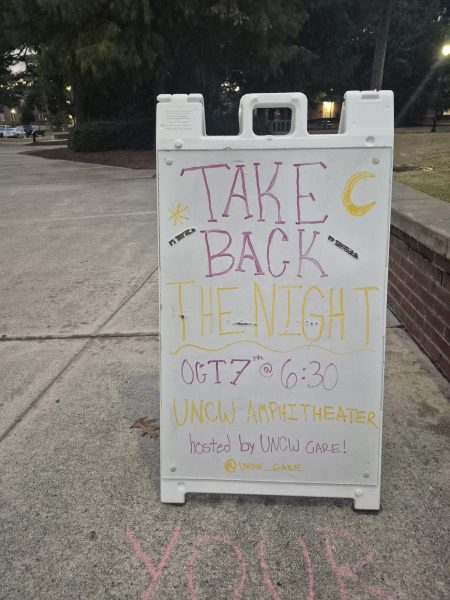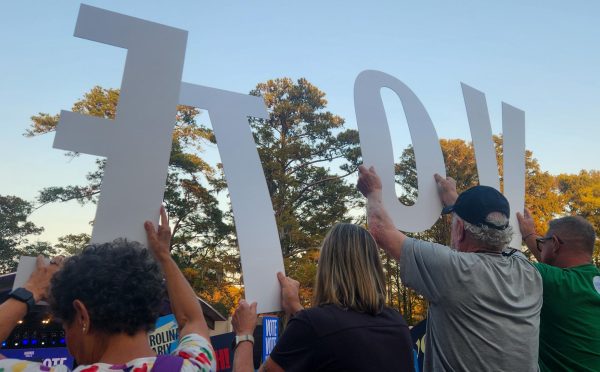Supreme Court takes steps toward same-sex marriage in NC
On Oct. 6th, the Supreme Court legalized same-sex marriage in five states: Wyoming, Indiana, Oklahoma, Utah, and Virginia.
The refusal to review the marriages of seven couples in five different states led to the immediate legalization of same-sex marriage in a variety of states across America. Same-sex couples brought their cases to the Supreme Court after being denied a marriage license in their own state. Instead of reviewing each case individually, the Supreme Court came to a consensus that allowed all couples to marry in their particular state.
The decision was seen as a victory to the LGBTQIA community across the United States. Hopes have risen that same-sex marriage will be soon legalized in all states and ultimately seen as a fundamental right. Since the legalization of same-sex marriages in the five states, celebrations have been rampant and couples have swarmed to their city hall’s to apply for a marriage licenses.
While North Carolina is not currently a state that allows same-sex marriage, due to the passing of Amendment One, the surprising decision by the Supreme Court will inevitably affect this southern state. There was no immediate effect from the Supreme Court’s decision on Monday but sources state that North Carolina “could see its constitutional definition of marriage overturned in as little as 10 days”.
UNC Wilmington has its own LGBTQIA Resource Office on campus. Ms. Amy Schlag, the LGBTQIA coordinator, expressed excitement for the potential changes that could occur with the legalization of same-sex marriage in North Carolina and how it pertains specifically to UNCW. According to Schlag, because UNCW is a public state university, it cannot legally recognize partners of employees. Thus same-sex partners cannot be included on employee’s insurance plans, which has proved to be problematic in the past. With the impending passing of legalization of same-sex marriage, Ms. Schlag says public universities across North Carolina will legally recognize same-sex couples.
Ms. Schlag stated that her and fellow LGBTQIA members of the community’s immense excitement came from the news’ surprising factor. The disappointing results of Amendment One led many supporters of same-sex marriage to believe that this would be “a much longer fight” yet Schlag and others are “happy that to see the change happen so quickly”.
The on-campus LGBTQIA Resource Office is a part of the Office of Institutional Diversity and Inclusion (OIDI) which is “invested in the creation of [the LGBTQIA Resource Office]” and dedicated to making students of all backgrounds feel safe and welcome on campus. OIDI assists the LGBTQIA Resource Office to “both raise awareness and inclusion of sexual and gender minorities and to provide information, referral, support, and programming to the UNCW Community… [by] community building, advocacy, social justice and diversity education and the development of global citizens”.
OIDI and the LGBTQIA Resource Office work together to create a welcoming and accepting environment for students, faculty, and staff on campus. For more information on the LGBTQIA Resource Office and what is does, visit their webpage: http://uncw.edu/lgbtqia/index.html or visit their office on the first floor of the Fisher University Union.











